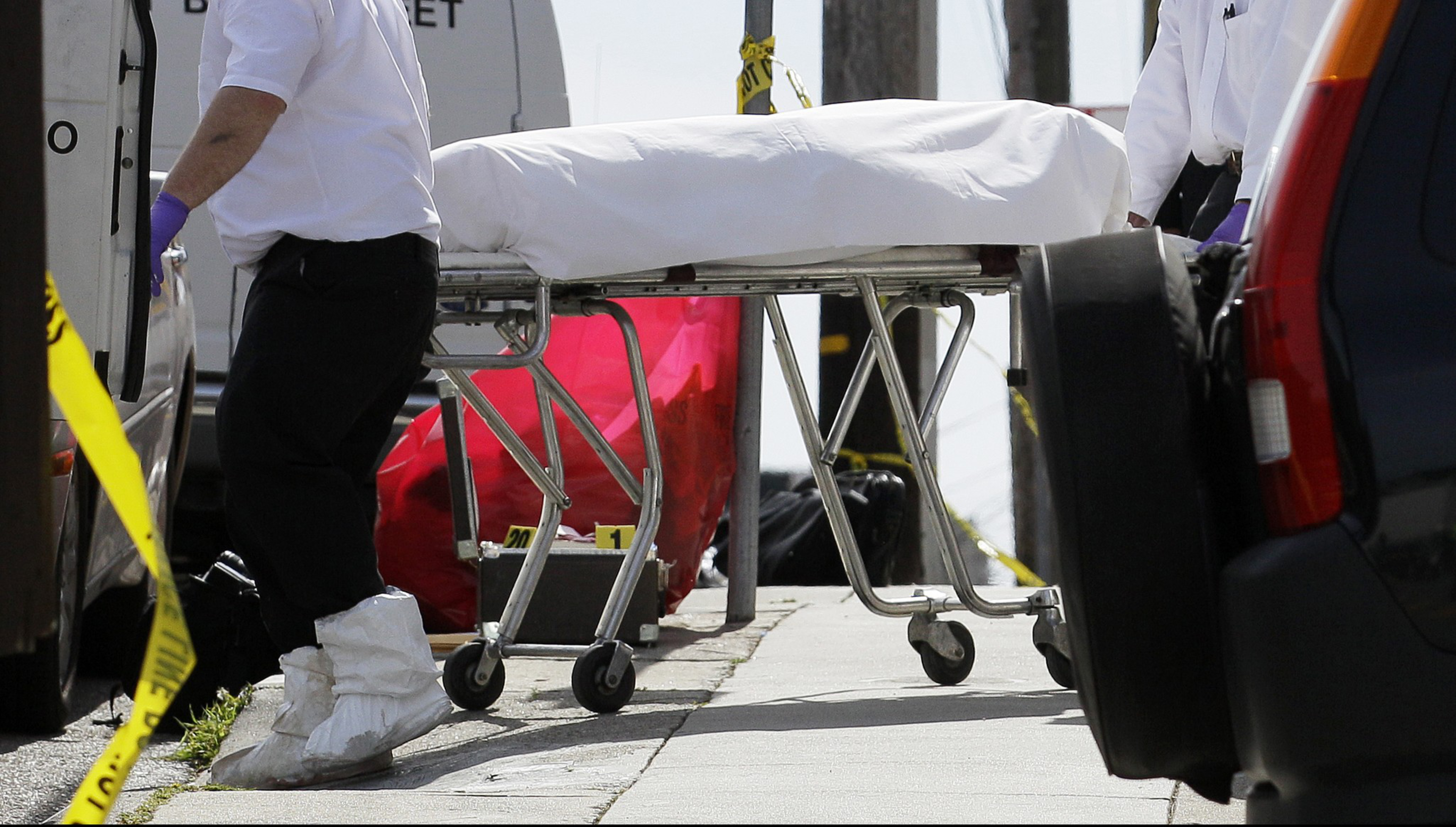More than 400 people in San Francisco have died of drug overdoses during the first six months of this year, according to preliminary data released by the Chief Medical Examiner’s Office on Friday.
In June alone, an estimated 53 people died from overdoses, and the city is on pace to lose a record number of lives to narcotics in 2023. Overdose deaths in the city spiked to a record 725 in 2020. The death toll dipped to 640 in 2021 and then climbed to 647 deaths in 2022.
January was the deadliest month of the year for overdoses, with 83 people dying that month. In total, 406 people have died of overdoses in the city this year.
The surge in deaths in recent years, driven largely by the proliferation of the powerful opioid fentanyl, has flummoxed city leaders.
Health department leaders told reporters Friday that they are continuing efforts to expand access to treatment and overdose reversal medications.
Fentanyl, which is relatively cheap, is often mixed in with other drugs, often without users’ knowledge. At a news conference Friday, Department of Public Health Director Grant Colfax and Behavioral Health Director Hillary Kunins stood next to a photo of a penny that dwarfs the amount of fentanyl that can be deadly.
“To put it bluntly, the San Francisco illicit drug supply is deeply contaminated,” Colfax said.
The city is also facing the introduction of new drugs such as xylazine, or Tranq, a tranquilizer that users can overdose on–though there have been zero deaths solely attributed to Tranq in San Francisco. Overdose reversal medications do not work on people who have consumed deadly amounts of Tranq because it’s not an opioid.
In February, the San Francisco Department of Public Health confirmed four overdose deaths had involved xylazine in 2022. All four victims were also found with fentanyl in their system.
Tranq causes severe skin ulcerations and necrosis that can occur anywhere on the body, even away from the drug’s injection point.
Xylazine has also been found in Marin County wastewater and is linked to at least one fatal overdose in Santa Clara County. Earlier this month, officials in Santa Cruz confirmed the first known death involving xylazine in that county.
Following January’s 83 overdose deaths in San Francisco, 52 people died from overdoses in the city in February, 68 in March, 72 in April and 78 in May.
San Francisco officials have ramped up enforcement measures against drug dealers and drug users in recent months, seizing a record amount of fentanyl this year and implementing a pilot program that allows police to enforce public intoxication laws. So far, no person arrested for drug use has accepted an offer of treatment.
The city shuttered its first supervised drug-consumption site in December. Supporters noted staff there had reversed over 300 overdoses in under 11 months of operation, but opponents said it had failed to connect a large amount of people to drug treatment and had a negative impact on the surrounding neighborhood. Mayor London Breed has said that she would support a nonprofit using private funding to open another such facility.
